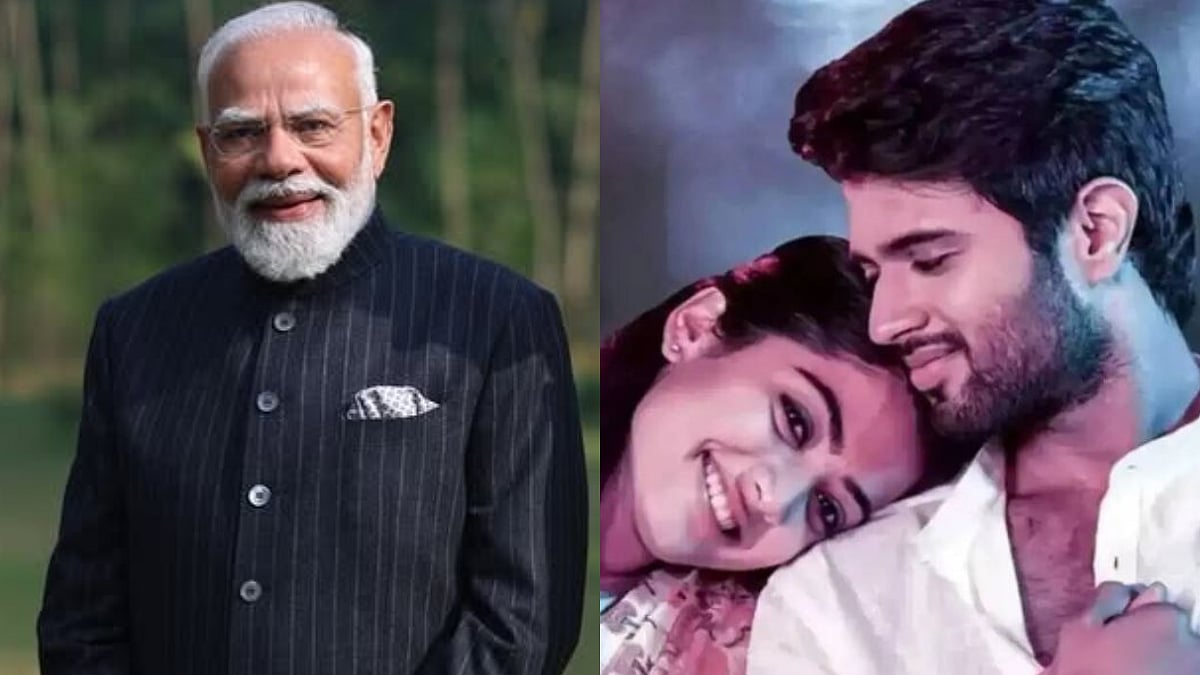Two world leaders were in India in the last few days — Iranian president Hassan Rouhani and Canadian PM Justin Trudeau.
While Rouhani was welcomed with open arms and the outcome of his visit was a strong sense of approval of the Chabahar port deal which would afford India an opportunity to counter Chinese bid for maritime supremacy in the region, the ongoing Trudeau visit represents an opportunity to reach out to the Indian diaspora which constitutes about four per cent of Canada’s population, 1.5 per cent of whom are Sikhs.
While successfully wooing the Iranians despite they being at dagger’s drawn with the US and Israel who are India’s friends, was a reminder that national interest transcends everything else, the cold shouldering of Trudeau was an avoidable rebuff to a country that offers tremendous scope for an upswing in ties.
Trudeau’s Canada is seen to be harbouring Sikh separatists and indirectly fanning the embers of the long-defeated movement for a Sikh homeland carved out of India but denying its head of government basic courtesies that are due to the visiting prime minister was ill-conceived.
Not only were Trudeau and his family not received at the airport by Prime Minister Narendra Modi or any of his senior ministers, even Punjab chief minister Amarinder Singh initially announced that he would not meet Trudeau when he visits the Golden Temple in Amritsar. That better sense has prevailed and both Modi and Amarinder have decided to meet him is some relief. But the fact remains that this is an afterthought after criticism in the media.
Unless there are last-minute amends made, a golden opportunity to forge closer links with Canada would be lost and the Indian diaspora in that country (Khalistanis are only a small minority) would never forgive the Indian government for the rebuff held out to their prime leader.
Significantly, Modi’s Cabinet includes two Sikhs: Maneka Gandhi, Minister for Women and Child Development, and Harsimrat Kaur Badal, Minister of Food Processing. The Trudeau Cabinet includes four Sikhs: Defence Minister Harjit Sajjan, Infrastructure Minister Amarjeet Sohi, Small Business Minister Bardish Chagger and Innovation Minister Navdeep Singh Bains. There are 17 members of Parliament of Indian origin in the Canadian parliament. Those with known Khalistani leanings in the Trudeau cabinet are believed to be two or three. But even they are realising the futility of fighting for a cause that has few takers and is a utopian adventure.
Many Sikhs in Canada are not Khalistanis but harbour a deep sense of resentment over the treatment that the Sikhs in Delhi and many other places in India got in the massacre by mobs of hoodlums in 1984 in the wake of the assassination of Indira Gandhi. What has undoubtedly accentuated the sore feeling is that 34 years after the ghastly event, the perpetrators of violence have not been punished.
The Modi government or the BJP in general which are in no way responsible for the violence against the Sikhs in 1984 can surely give the healing touch to old wounds instead of cold shouldering a prime minister who treats the Sikhs in his country as a vote bank just the way major Indian political parties are prone to doing in a different milieu.
This is not to say that there have been no provocations for India to rebuff the Canadians. But we must rise above those in the larger interests of building closer ties with the substantial Indian diaspora of whom the Khalistanis form a very small but vocal part.
With the uncertainty for Indian students in the US growing as a result of the US president Trump’s immigration policies, Canada is a natural alternative for many of them. There is also huge potential for trade and investment which has not been duly harnessed.
Prime Minister Modi has been a rare charmer on his visits abroad and he needs to establish unshakable bonds with the Canadian government so that India has leverage in demanding that anti-Indian rhetoric and actions be put down with a heavy hand.
There can be little doubt that Trudeau has come to India to forge closer ties and we must wean him away from any extremist thoughts and actions in regard to India through deft diplomacy.
Even on his visit to Agra, where he visited the Taj Mahal, Trudeau was not welcomed by Chief Minister Yogi Adityanath. All protocol duties were left to the district magistrate and the police commissioner, which was grossly inappropriate.
To be fair to the Indian government, it has been consistently raising the issue of Khalistani activism in Indo-Canada talks. In July 2016, India had raised the issue with Canada after Trudeau appeared in a Nagar Kirtan event in Toronto that featured Khalistani flags and posters of extremist leader Jarnail Singh Bhindranwale. In April 2016, he had addressed a parade on ‘Khalsa Day’which included events glorifying Sikh militant leaders.
In 2017, Harinder Kaur Malhi, a legislator from Trudeau’s party, had moved a resolution against India to recognise the anti-Sikh riots of November 1984 as genocide. The resolution was passed by the Ontario Assembly. Promptly, India had condemned the move, calling it a “misguided motion based on a limited understanding of India, its constitution, society, ethos and judicial process”.
It is not anybody’s case that such incidents must not be condemned by India. But when the Canadian prime minister has come on a visit to India, we must show magnanimity and good sense and attempt to influence the lopsided Canadian perspective on a Sikh homeland in our favour.
The author is a political commentator and columnist. He has authored four books.




